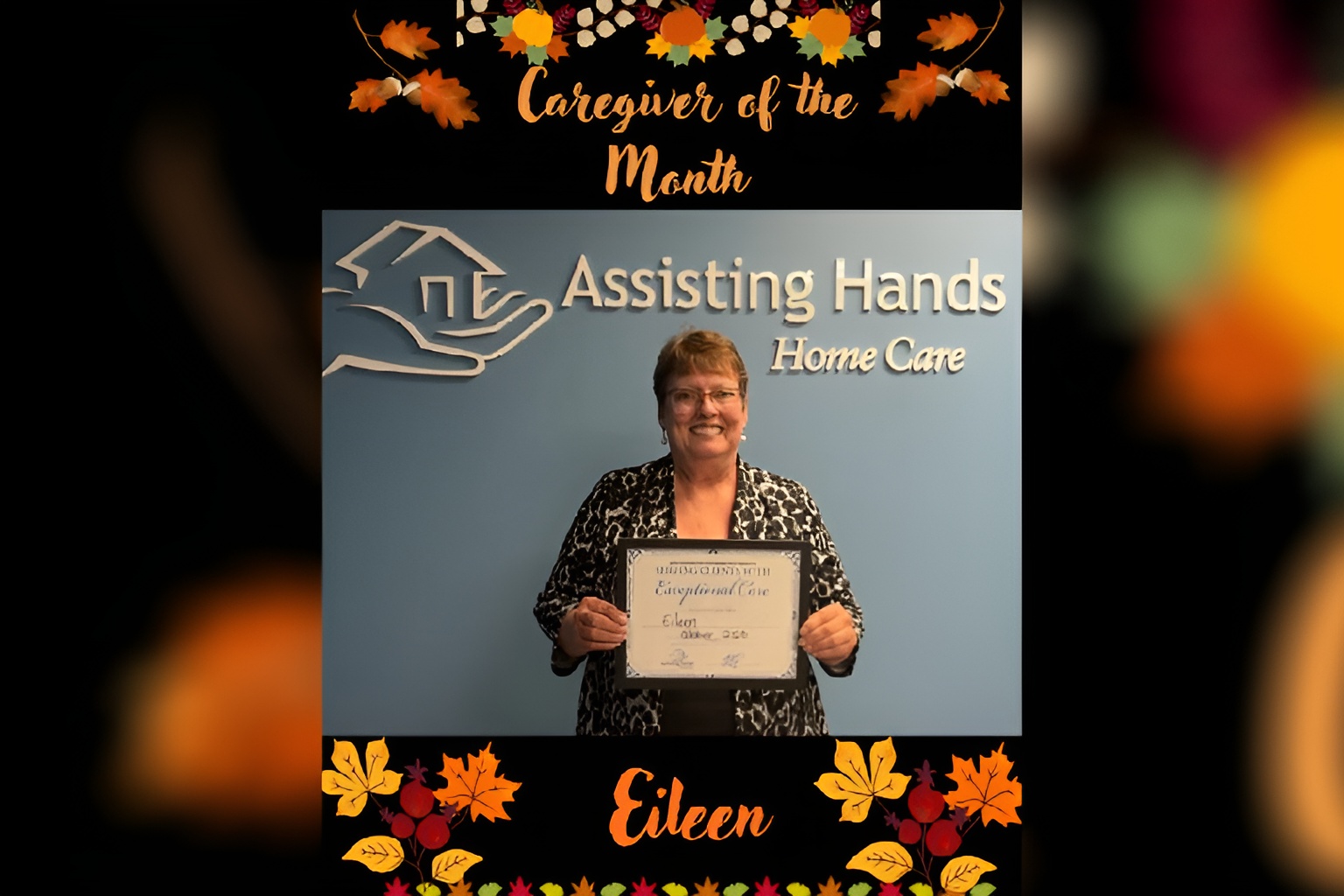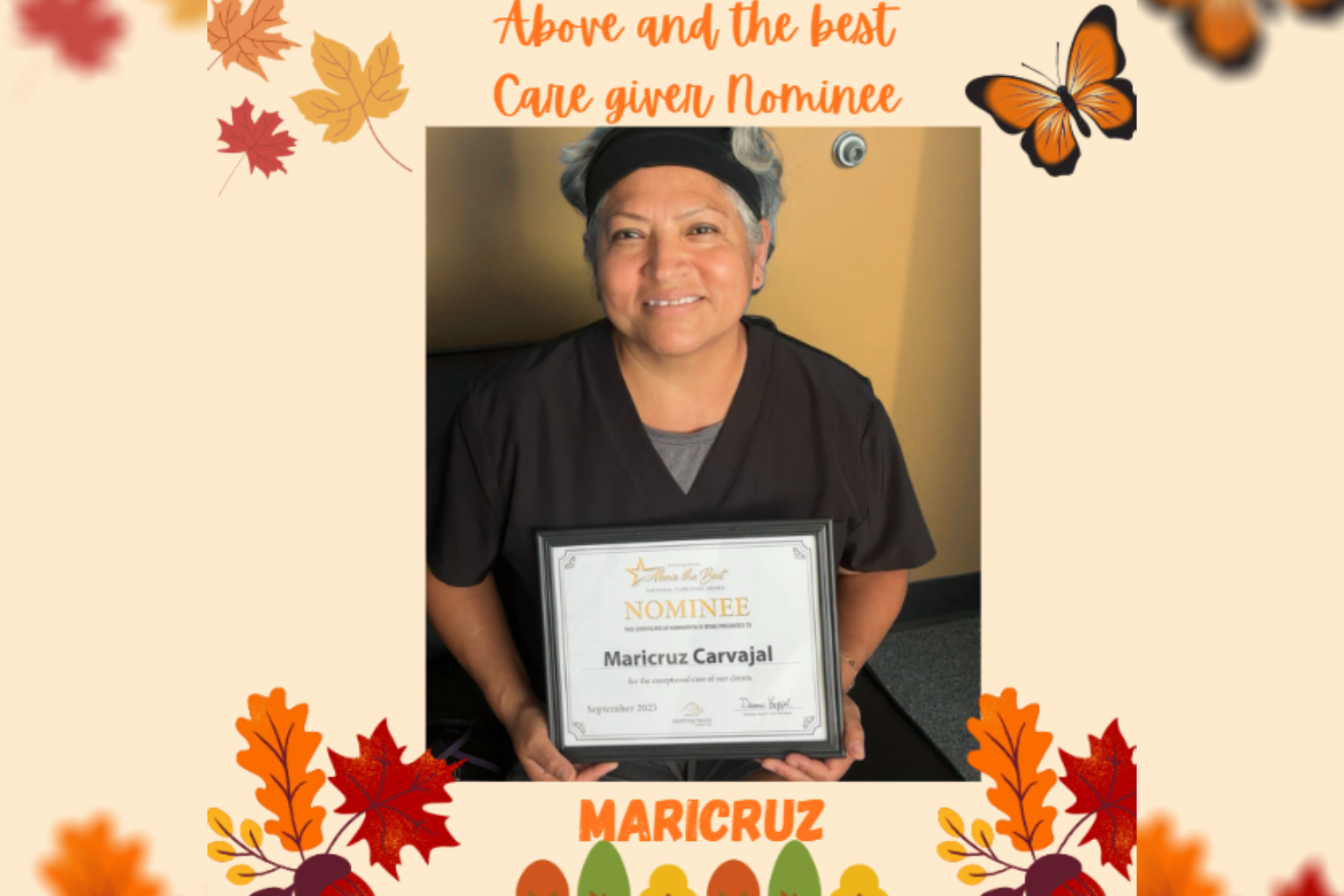
Table of Content
Caregivers provide essential support to both individuals and families, often balancing demanding schedules and emotional challenges. However, accessing high-quality resources without stretching finances can be a tough challenge. Fortunately, there are ways to find affordable support, tools, and services that can lighten the load for caregivers.
Explore Local Nonprofits & Community Centers
Many nonprofit organizations and community centers offer free or low-cost programs aimed at supporting caregivers. Some may provide services such as respite care, support groups, or educational workshops. Local Area Agencies on Aging (AAAs) also provide a wealth of resources, including home care services and financial counseling, tailored to caregivers of older adults.
Start by checking out nearby nonprofit websites or making a call to ask about specific caregiver programs. Churches and faith-based organizations can also be a great resource for free support services.
Tap into Government Programs for Assistance
Government assistance can provide significant relief for caregivers having difficulty managing their finances. Programs like Medicaid offer long-term care coverage for eligible individuals, which can include home care for those needing assistance.
The Family and Medical Leave Act (FMLA) might also be an option for those who qualify and need job-protected unpaid leave to care for loved ones. Additionally, veterans may qualify for benefits through the Department of Veterans Affairs (VA), which often extends caregiver support through its various healthcare programs.
Take time to familiarize yourself with eligibility criteria for these programs, as they can provide long-term solutions.
Aging in place can present a few unique challenges for older adults. Some only require part-time assistance with exercise or meal preparation, while others are living with serious illnesses and benefit more significantly from receiving live-in care. Libertyville, IL, Assisting Hands Home Care are leaders in the elderly in-home care industry for good reason. We tailor our care plans based on each senior’s individual needs, our caregivers continue to receive updated training in senior care as new developments arise, and we also offer comprehensive care for seniors with Alzheimer’s, dementia, and Parkinson’s.
Leverage Technology & Online Tools
Technology offers countless affordable, and sometimes free, tools designed to make caregiving easier. Apps like CareZone or Lotsa Helping Hands can help you organize your caregiving tasks, such as scheduling medical appointments or tracking medications.
Many online communities, forums, and social media groups also serve as hubs for caregivers to connect, share experiences, and receive emotional or practical support. Websites like AARP and Family Caregiver Alliance also provide free guides, checklists, and advice tailored for caregivers.
Seniors can face a variety of age-related challenges. Though some families choose to take on the caregiving duties, there may come a time when they need a trusted Libertyville senior care provider. Families sometimes need respite from their duties so they can focus on their other responsibilities, and some seniors need around-the-clock assistance that their families are not able to provide. Assisting Hands Home Care Libertyville is here to help.
Look for Subsidized Respite Care Services
Respite care offers temporary relief by allowing caregivers to take a break while ensuring their loved ones are well cared for. Subsidized respite care programs—often available through community services, nonprofits, or government grants—can reduce costs significantly.
Programs like the National Family Caregiver Support Program (NFCSP) or local eldercare agencies often provide vouchers or financial assistance for short-term respite care services. Research what’s available in your region through local senior centers or state-specific caregiver portals.
Utilize Tax Credits & Financial Benefits
The financial burden of caregiving can be alleviated in part by tax credits and deductions. For example, the Child and Dependent Care Tax Credit offers caregivers relief for expenses like home care or adult day care. Similarly, you may be able to deduct medical expenses if they exceed a certain percentage of your adjusted gross income.
There are also local and federal grants available designed to support caregivers. Many are specifically focused on helping caregivers with medical costs, transportation, and home modifications for mobility assistance.
A home caregiver can be a welcome source of support and encouragement for both you and your loved one. If your elderly loved one needs help maintaining a high quality of life while aging in place, reach out to Assisting Hands Home Care, a trusted provider of elderly home care. Our caregivers provide transportation to and from medical appointments and social events, nutritious meal preparation, assistance with daily exercise, and help with everyday tasks like bathing, grooming, and light housekeeping. To create a comprehensive in-home care plan, call us today.







